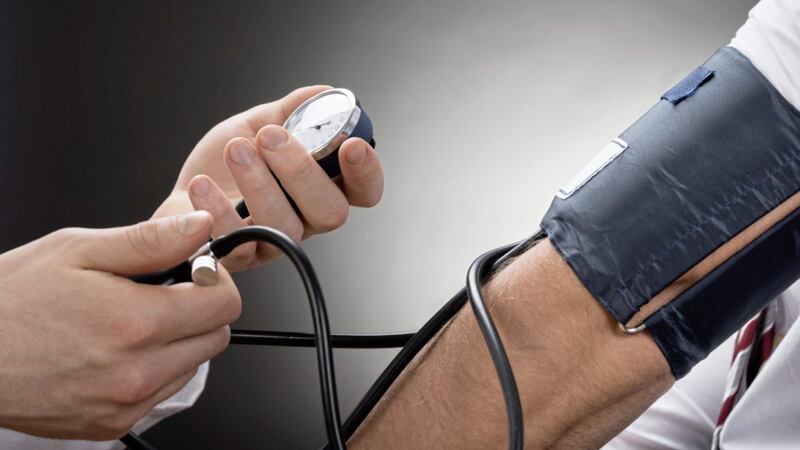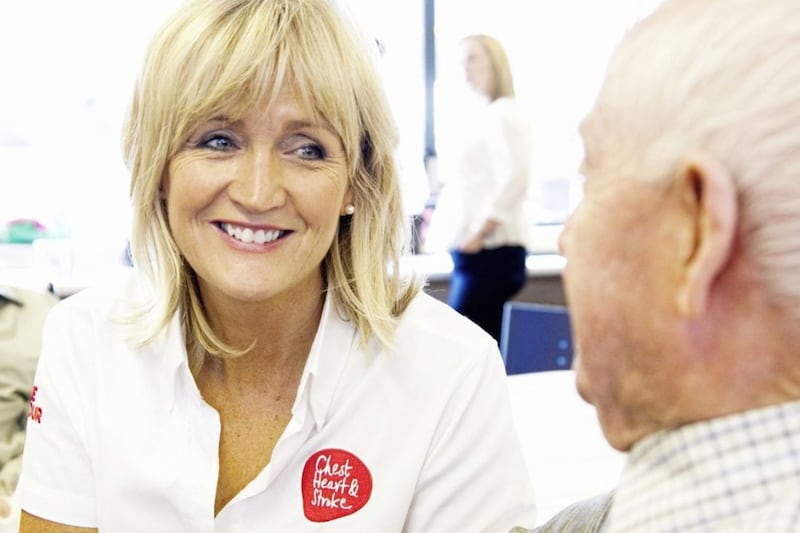THE number of stroke sufferers is set to double in Northern Ireland over the next 20 years due to lack of investment, a leading charity has warned.
A new report by the Stroke Association also claims that 19,000 people could be living with long-term disabilities by 2035 due to side effects from the condition.
The research comes in the midst of a major consultation on a shake-up of stroke services across the north, with concerns that medical expertise is spread too thinly across the existing 11 specialist units and that they should be at least halved.
There was an outcry over the proposals in Fermanagh two weeks ago, when over 600 people attended a public meeting to oppose the potential downgrading of their unit in Enniskillen.
The charity is calling for an extra £10 million investment in prevention research, which they say will save 114,000 people across the NHS from having a stroke.
Earlier this year, experts warned that the north's service fall "well below" standards in Britain, with a top consultant, Dr Ivan Wiggam, saying a revolutionary new treatment should be introduced on a round-the-clock basis - but which is only available between 8.30am and 5pm on weekdays in Belfast's Royal Victoria hospital.
Barry Macaulay, director for the Stroke Association in Northern Ireland said:
"The fact is that most strokes are preventable but there's still a lot we don't know. This report highlights some of the key areas that desperately need investment. We are currently funding a number of smaller studies focusing on stroke prevention, including blood pressure management, treatments for atrial fibrillation (AF), and the prevention of haemorrhagic stroke.
"The annual number of stroke survivors is expected to increase dramatically by 2035 to over 57,000 and the cost to the NHS in Northern Ireland is set to rise to over £203 million in 2035 from around £64 million in 2015.
"It's clear that we need to act now to prevent Northern Ireland from sleepwalking towards a stroke crisis."
The charity said the 13-week 'pre-consultation' being carried out by the Health and Social Care Board provided a 'golden opportunity' to improve care and prevention measures.
"Better supporting people to identify their risk factors, get treatment and make lifestyle changes will spare thousands of families from the devastating impact of stroke in the first place."
There are almost 37,000 stroke survivors in the north.
While the number of deaths from stroke have declined over the past 20 years - there are around 1,000 each year - the condition is the largest biggest cause of severe acquired brain damage and disability in adults. There are almost 3,000 stroke-related admissions to hospital.




